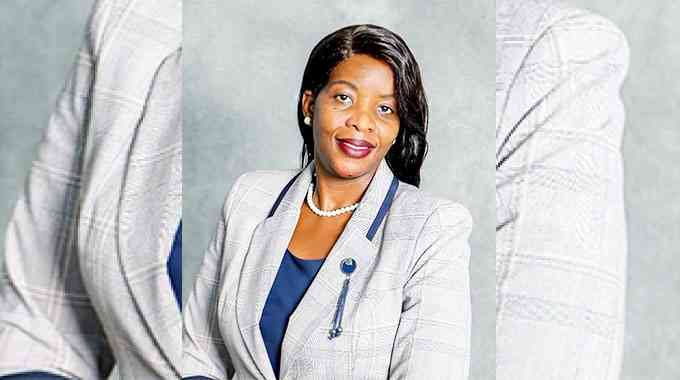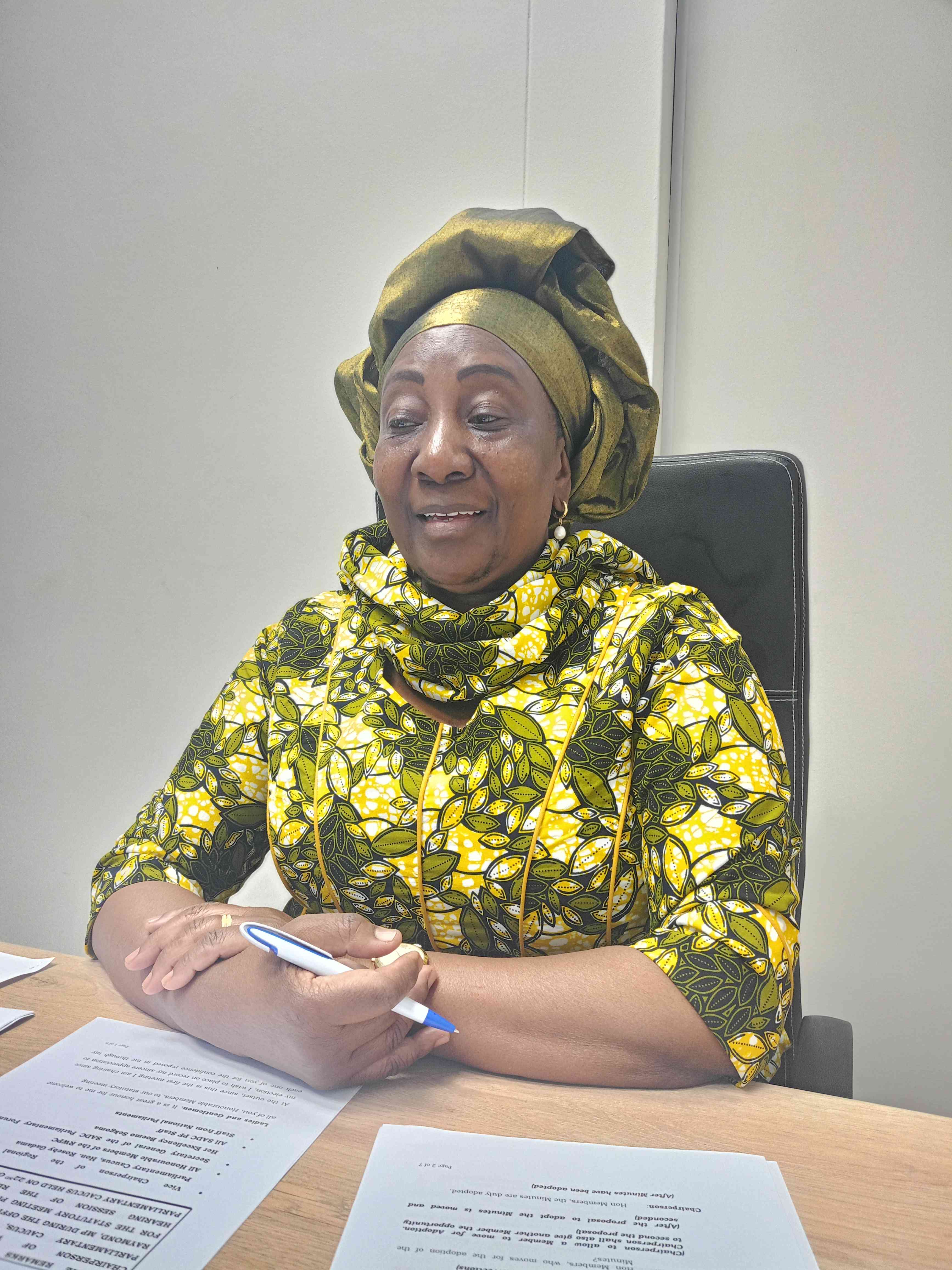
THE United Nations Population Fund (UNPF) has come up with strategies to combat gender-based violence (GBV) which it believes is now linked to climate change which has triggered droughts that are exposing families to hunger, resulting in domestic squabbles.
Speaking at a two-day climate change workshop in Harare last week, UNPF technical GBV specialist Verena Bruno said: “In the aftermath of tropical Cyclone Idai, cases of GBV were high with most women and young girls ending up offering themselves to anyone who was coming to rescue them.
“So, disasters like Cyclone Idai can amplify the risks of gender inequalities and lead to more exposure and high risk of GBV. The placements of people in camps from cyclone affected areas made women and young girls to be more exposed to child marriages and GBV because people were overcrowded and lacked privacy.”
Bruno said data from a local study showed that women and girls were 14 times more likely to die or be injured during a disaster, making them the most vulnerable group during natural disasters.
“When there is a crisis like cyclones, communities like Manicaland need to shift from traditional roles that create confusion. There is need for removal of some social norms that prevent women to reach their full potential,” Bruno added.
One of the workshop attendees, Benhilda Mugwanyi from Youth for our Planet said as young people, the training capacitated them to deal with climate change shocks and how they influence GBV.
Zimbabwe Youth Council (ZYC) acting director Brian Nyagwande urged young people to be proactive on climate change policy-making processes.
“As ZYC, we are the agents between young people and government. Policy-makers must also involve young people as they are the duty bearers on future climate change issues,” Nyagwande said.
- Matiza’s widow in estate wrangle
- SA insurer targets Zim after US$2.4 million payouts
- Addressing climate change the green building way
- Hit hard by storms and forest loss, Zimbabweans building stronger homes
Keep Reading
- Follow us on Twitter @NewsDayZimbabwe











